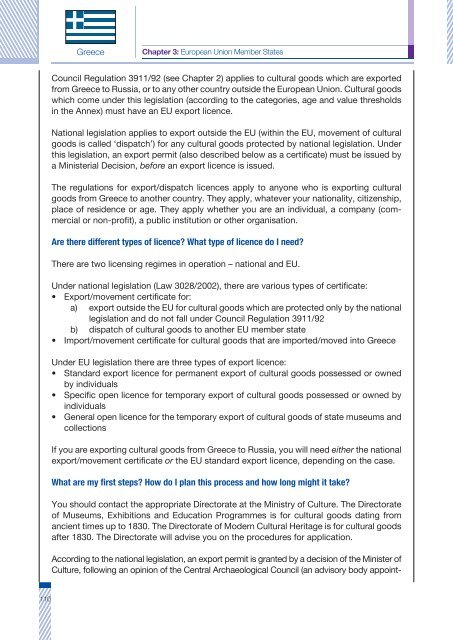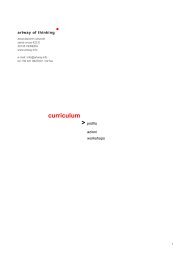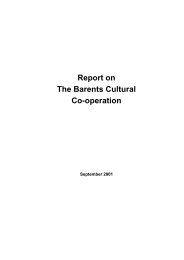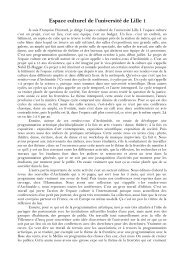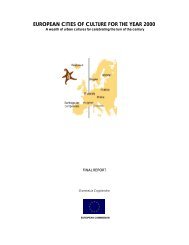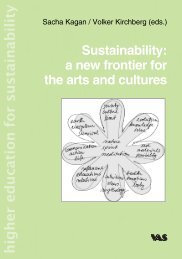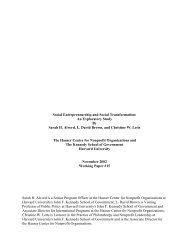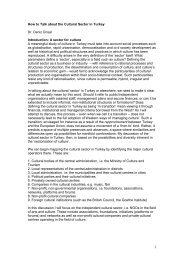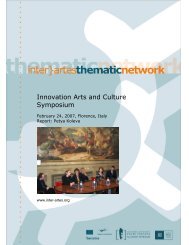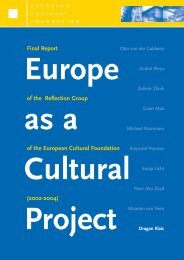A guide to the export and import of cultural goods between Russia ...
A guide to the export and import of cultural goods between Russia ...
A guide to the export and import of cultural goods between Russia ...
You also want an ePaper? Increase the reach of your titles
YUMPU automatically turns print PDFs into web optimized ePapers that Google loves.
Greece<br />
Chapter 3: European Union Member States<br />
Council Regulation 3911/92 (see Chapter 2) applies <strong>to</strong> <strong>cultural</strong> <strong>goods</strong> which are <strong>export</strong>ed<br />
from Greece <strong>to</strong> <strong>Russia</strong>, or <strong>to</strong> any o<strong>the</strong>r country outside <strong>the</strong> European Union. Cultural <strong>goods</strong><br />
which come under this legislation (according <strong>to</strong> <strong>the</strong> categories, age <strong>and</strong> value thresholds<br />
in <strong>the</strong> Annex) must have an EU <strong>export</strong> licence.<br />
National legislation applies <strong>to</strong> <strong>export</strong> outside <strong>the</strong> EU (within <strong>the</strong> EU, movement <strong>of</strong> <strong>cultural</strong><br />
<strong>goods</strong> is called ‘dispatch’) for any <strong>cultural</strong> <strong>goods</strong> protected by national legislation. Under<br />
this legislation, an <strong>export</strong> permit (also described below as a certificate) must be issued by<br />
a Ministerial Decision, before an <strong>export</strong> licence is issued.<br />
The regulations for <strong>export</strong>/dispatch licences apply <strong>to</strong> anyone who is <strong>export</strong>ing <strong>cultural</strong><br />
<strong>goods</strong> from Greece <strong>to</strong> ano<strong>the</strong>r country. They apply, whatever your nationality, citizenship,<br />
place <strong>of</strong> residence or age. They apply whe<strong>the</strong>r you are an individual, a company (commercial<br />
or non-pr<strong>of</strong>it), a public institution or o<strong>the</strong>r organisation.<br />
Are <strong>the</strong>re different types <strong>of</strong> licence? What type <strong>of</strong> licence do I need?<br />
There are two licensing regimes in operation – national <strong>and</strong> EU.<br />
Under national legislation (Law 3028/2002), <strong>the</strong>re are various types <strong>of</strong> certificate:<br />
• Export/movement certificate for:<br />
a) <strong>export</strong> outside <strong>the</strong> EU for <strong>cultural</strong> <strong>goods</strong> which are protected only by <strong>the</strong> national<br />
legislation <strong>and</strong> do not fall under Council Regulation 3911/92<br />
b) dispatch <strong>of</strong> <strong>cultural</strong> <strong>goods</strong> <strong>to</strong> ano<strong>the</strong>r EU member state<br />
• Import/movement certificate for <strong>cultural</strong> <strong>goods</strong> that are <strong>import</strong>ed/moved in<strong>to</strong> Greece<br />
Under EU legislation <strong>the</strong>re are three types <strong>of</strong> <strong>export</strong> licence:<br />
• St<strong>and</strong>ard <strong>export</strong> licence for permanent <strong>export</strong> <strong>of</strong> <strong>cultural</strong> <strong>goods</strong> possessed or owned<br />
by individuals<br />
• Specific open licence for temporary <strong>export</strong> <strong>of</strong> <strong>cultural</strong> <strong>goods</strong> possessed or owned by<br />
individuals<br />
• General open licence for <strong>the</strong> temporary <strong>export</strong> <strong>of</strong> <strong>cultural</strong> <strong>goods</strong> <strong>of</strong> state museums <strong>and</strong><br />
collections<br />
If you are <strong>export</strong>ing <strong>cultural</strong> <strong>goods</strong> from Greece <strong>to</strong> <strong>Russia</strong>, you will need ei<strong>the</strong>r <strong>the</strong> national<br />
<strong>export</strong>/movement certificate or <strong>the</strong> EU st<strong>and</strong>ard <strong>export</strong> licence, depending on <strong>the</strong> case.<br />
What are my first steps? How do I plan this process <strong>and</strong> how long might it take?<br />
You should contact <strong>the</strong> appropriate Direc<strong>to</strong>rate at <strong>the</strong> Ministry <strong>of</strong> Culture. The Direc<strong>to</strong>rate<br />
<strong>of</strong> Museums, Exhibitions <strong>and</strong> Education Programmes is for <strong>cultural</strong> <strong>goods</strong> dating from<br />
ancient times up <strong>to</strong> 1830. The Direc<strong>to</strong>rate <strong>of</strong> Modern Cultural Heritage is for <strong>cultural</strong> <strong>goods</strong><br />
after 1830. The Direc<strong>to</strong>rate will advise you on <strong>the</strong> procedures for application.<br />
According <strong>to</strong> <strong>the</strong> national legislation, an <strong>export</strong> permit is granted by a decision <strong>of</strong> <strong>the</strong> Minister <strong>of</strong><br />
Culture, following an opinion <strong>of</strong> <strong>the</strong> Central Archaeological Council (an advisory body appoint-<br />
110


